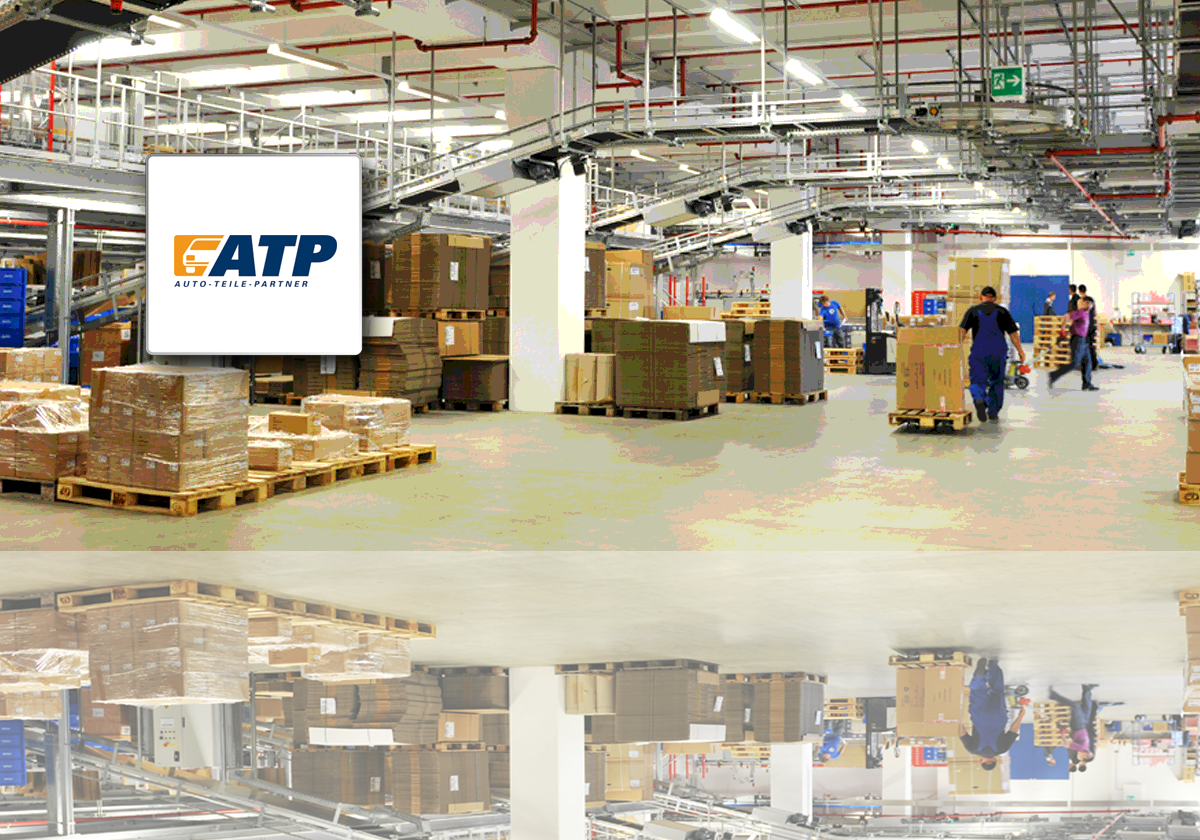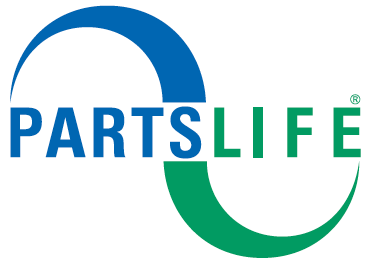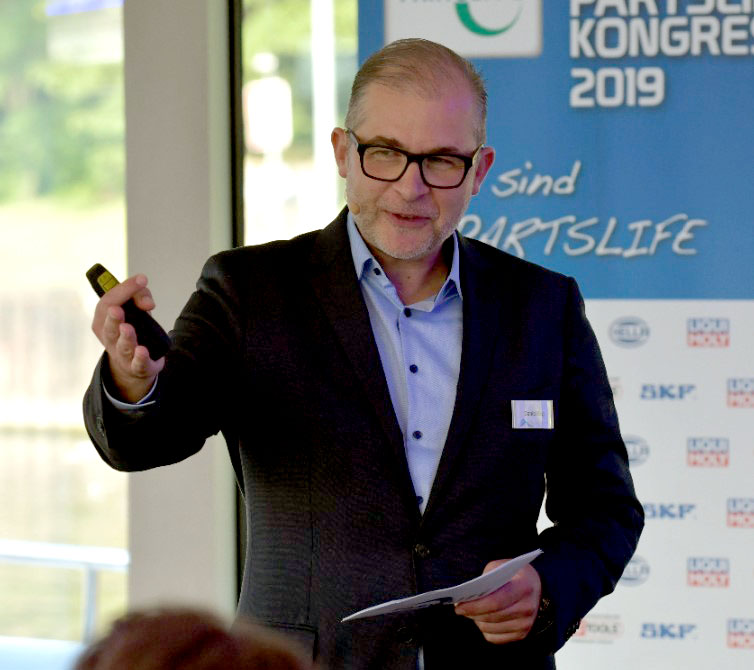Energy audit
Identify savings potential
What is an energy audit?
An energy audit is a systematic inspection and analysis of a company’s energy use and consumption. The goal is to identify and document energy flows and the potential for energy efficiency improvements. At least four years after completion of the initial audit and on a rotating basis every four years thereafter, an energy audit must be conducted using qualified and accredited energy auditors.
Prerequisite for an energy audit:
Since the amendment of the Energy Services Act (EDL-G) in April 2015, so-called non-SMEs (SMEs = small and medium-sized enterprises) are required to have their energy consumption audited on a regular basis. The definition of non-SMEs results from the inversion of the SME definition. This includes, irrespective of the respective industry or area of activity, companies in which either 250 full-time employees or more are employed, or which have an annual turnover of at least 50 million euros and an annual balance sheet total of more than 43 million euros. Those who, contrary to this, do not carry out the audit may be liable to a fine of €50,000.
Exemptions apply if the company
- has an energy management system in accordance with DIN ISO 50001, or
- has implemented an environmental management system as defined in Regulation (EC) No. 1221/2009.
The energy audit must be carried out in an independent manner (manufacturer, supplier, or distributor neutral). PARTSLIFE provides an independent (manufacturer-, supplier-, distributor-neutral) energy audit. PARTSLIFE provides an energy auditor accredited by the Federal Office of Export Control.
Requirements of an energy audit:
- at least 90% of the energy consumption must be verified by the audit
- the audit must cover all parts of the company and their facilities
- the audit must be based on current, continuously, or intermittently measured operational data on energy consumption
- the audit must include verification of the energy consumption profile of buildings, operations, and transport.
Scope of an energy audit (multi-site procedure):
The multi-site procedure allows companies with many “alike sites” to group them into clusters. From this cluster, only a sample of sites needs to undergo a full energy audit.
The size of the sample is determined by the square root of the number of remote sites rounded to the higher number: y = √x
Example: For an organization with one headquarters and 25 sites, the sample size is 5 sites. The head office is always audited additionally.
The background to this is that the grouping of sites is only possible if the operating procedures and processes are comparable. These are, among other things, different in a branch compared to a head office or central warehouse.
Save the right amount of energy with the PARTSLIFE energy audit
- Find power guzzlers - eliminate them
- low investment - high savings potential
- Energy audit - mandatory for larger
Reference
ATP project awarded environmental prize
Energy efficiency - an abstract word! It becomes tangible in a number: 38,219.30 euros - that’s how much the online parts dealer ATP can now save annually! This was noticed in Pressath, Upper Palatinate, because the company carried out an energy audit with the help of PARTSLIFE. This measure takes a close look at energy consumption in companies.
PARTSLIFE’s energy managers provide this advice to companies in the automotive industry. And actually always find a need for optimization. Even in brand new buildings.
Since April 2015, an energy audit has been mandatory for companies with more than 250 employees. ATP complies with the new Energy Services Act with this audit. In June 2016, the company received the PARTSLIFE Environmental Award for this project.

„With our customer ATP, we are dealing with a building that is a good two years old,” explains PARTSLIFE— energy consultant Frederik Haas. “Nevertheless, there is a need for optimization even in such a modern environment. At ATP, this was primarily in the lighting.“
Apart from that, there was a need for action in the company anyway. Because with the completion of the audit according to DIN 16247, ATP now complies with the Energy Services Act and saves itself from having to deal with the Federal Office for Export Control and Economics as well as its fine notices.
Even though ATP already relies on a state-of-the-art logistics center and thus meets many environmental standards, an audit is still mandatory. Simply having an energy-efficient building and solar panels on the roof is not enough. The first tangible result of the audit: the online spare parts retailer already invested in new LED lighting at the end of 2015.
Here, the costs for the new tubes are already amortized in eleven months. From this point on, the new LED fluorescent tubes save more than €38,000 per year. In the administration building in Kirchenthumbach, the plan is to convert over the course of 2016.
Wanna bet you’re wasting energy?
„We are sure to find potential savings in your company that will shrink your electricity bill,“ says PARTSLIFE Division Manager Energy Management Frederik Haas, who also looks for cost guzzlers in automotive workshops, among other places. “Companies can usually reduce their electricity and heating costs by 10 to 20% through energy efficiency measures.”
Contact
E-mail:
energie@partslife.de
PARTSLIFE - At your service!
Do you have any questions, requests or suggestions? We will be happy to help you.
Simply fill out the contact form and describe your request.
We will get back in touch with you as soon as possible.
Thank you very much. Your message has been sent.
Thank you for your request. We will get back to you as soon as possible


